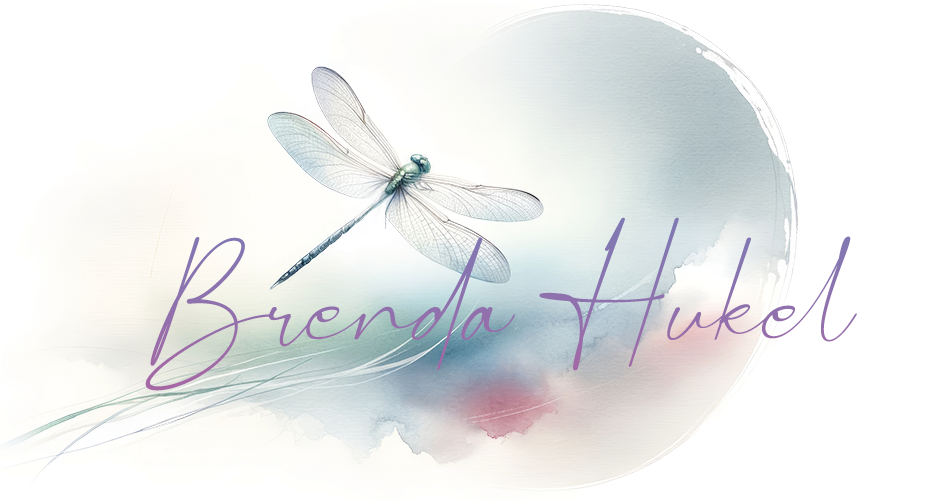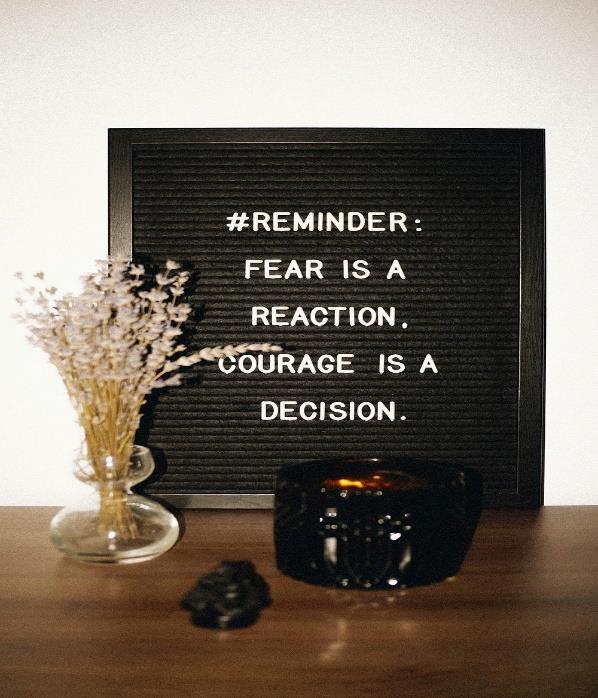The potential for profound healing lies in the depths of every soul, yet many of us shy away from embarking on this transformative journey. Gripped by fear, we hesitate to confront the wounds buried deep within us, often finding ourselves entangled in a web of excuses, unable to take the necessary steps toward healing.
But what lies at the heart of this fear? How can we break free from this cycle of avoidance?
Understanding the Fear:
To truly comprehend our fear of healing, we must first acknowledge the roots from which it originated. Healing requires us to confront our pain, to delve into the darkest corners of our being, and expose the wounds that have long lain dormant. This process demands vulnerability and a willingness to expose our innermost struggles to the light of awareness. And therein lies the crux of our fear – the fear of facing our
own truths, of acknowledging the depth of our suffering, and of venturing into the unknown territories of our psyche.
The Illusion of Comfort in Pain:
In my coaching experience, clients often poured their hearts out, longing to heal and break free of what kept them stuck so they could find peace, happiness, and the freedom to have the life they so desperately wanted. But, at the same time, they found comfort in the illusions that the very thing keeping them imprisoned was what they refused to let go of to heal. Why? Because they felt a strange comfort in their pain. It was familiar, a constant companion in their ongoing struggles.
We grow accustomed to its presence, building walls around it to shield ourselves from the discomfort of change. But beneath this facade of comfort lies a deeper truth – the truth that our pain, if left unhealed, continues to fester and grow, poisoning every aspect of our lives. It’s like sitting in a locked prison cell while we hold the keys in our hands.
As I delved into understanding their beliefs, emotional pain, and resistance to healing, one thing became clear: they consistently made excuses for why they couldn’t begin their journey toward healing.
At the core of our excuses lies a deep fear of being vulnerable, a hesitation to reveal the rawness of our emotions and face the depth of our pain. Spiritually, this fear often comes from feeling disconnected from our true selves, separated from the love and healing power within us. Psychologically, it shows up as a way to protect ourselves from potential rejection, judgment, or hurt.
Excuses That Block Our Path To Healing
1. Fear of Vulnerability:
At the heart of our excuses lies a primal fear of vulnerability, a reluctance to expose the rawness of our emotions and confront the depths of our pain. Spiritually, this fear comes from feeling disconnected from who we are and the divine love and healing power within us. Psychologically, it manifests as a protective mechanism, a defense against the perceived threats of rejection, judgment, or emotional harm.
2. Attachment to Suffering:
Our excuses are often rooted in an unconscious attachment to suffering, a belief that our pain defines us and gives us purpose. Spiritually, this attachment arises from a distorted sense of self, where we mistakenly see ourselves through our wounds rather than recognizing our deeper connection to something greater. Psychologically, it manifests as a resistance to change, a fear of stepping into the unknown landscape of healing and letting go of the familiar comforts of victimhood.
3. Resistance to Change:
Excuses serve as a shield against the discomfort of change, a barrier that preserves the status quo and perpetuates the cycle of suffering. Spiritually, this resistance stems from the strong belief that we must control everything in order to predict what will happen. We struggle to trust in the natural flow of life because we’re consumed by the illusion that we need complete control for our lives to function
properly. Psychologically, it manifests as a fear of the unknown, a reluctance to confront the uncertainties and challenges that accompany our healing journey.
4. Self-Doubt and Limiting Beliefs:
Excuses are often fueled by self-doubt and limiting beliefs, listening to deceiving whispers that undermine our sense of worthiness and deservingness. Spiritually, these beliefs come from forgetting how truly special we are and not realizing our endless potential. Psychologically, they manifest as a pervasive sense of inadequacy, a belief that we are unworthy of love, healing, and redemption.
Steps to Initiate the Healing Process:
Breaking free from the shackles of fear and embracing the path of healing is a courageous effort that requires patience, compassion, and self-love.
Here are some steps to help you initiate this transformative journey:
- Develop Self-Compassion: Treat yourself with the same kindness, compassion, and understanding you would offer a loved one. Recognize that you are worthy of love and healing, regardless of past mistakes or perceived shortcomings. Remember that these experiences were opportunities for growth and evolution, not to serve as a belief that you are incapable of healing.
- Embrace Vulnerability: Allow yourself to be vulnerable and acknowledge the pain within you without judgment or resistance. Remember that vulnerability is not a sign of weakness but rather a testament to your courage and strength.
- Seek Support: Healing is not a journey that we must undertake alone. Reach out to trusted friends, family members, or professionals who can offer guidance, support, and encouragement along the way. It’s impossible to heal with the same mindset that created the suffering.
- Practice Mindfulness: Engage in mindfulness through practices such as meditation, deep breathing, journaling, or being in nature. By becoming more present and aware of your thoughts and emotions, you can begin to unravel the patterns of suffering that keep you trapped in fear.
- Release Attachment to Outcome: Let go of the need to control the outcome of your healing journey. Trust in the process, surrendering to the wisdom of your inner guidance and the universal forces guiding us all.
- Celebrate Progress: Celebrate even the smallest victories along the way, recognizing the courage and resilience it takes to confront your pain and take steps toward healing.
Conclusion:
Healing presents challenges but also holds the promise of profound transformation. We reveal our authentic selves by confronting our fears, embracing vulnerability, and practicing self-compassion; this helps us grow, heal, and begin again. Understanding our spiritual and psychological excuses removes the obstacles to healing, allowing us to feel complete, joyful, and free. In this process, we rediscover our inherent value and add to the beauty and richness of the world.



0 Comments